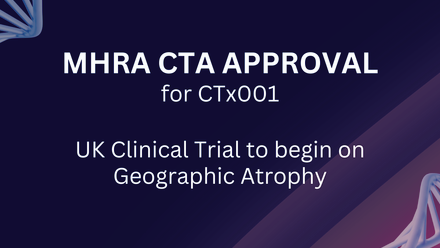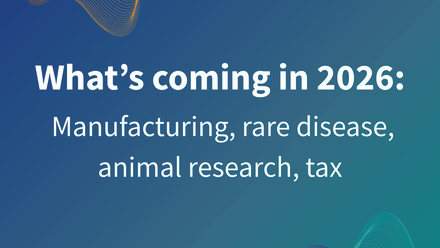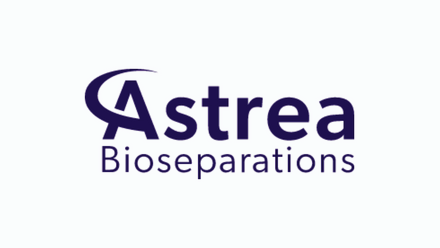BIA calls on NICE to refresh evidence informing how rare disease medicines are evaluated and paid for
The UK BioIndustry Association (BIA) has today published research suggesting the UK’s medicines evaluation body is basing its methods and processes for evaluating medicines for rare diseases on outdated evidence.
Rare insights: examining the social values of treating rare diseases, which has been supported by the BIA’s Rare Disease Industry Group (RDIG), presents the findings of primary research into public opinion on how treatments for rare diseases should be evaluated and funded within the NHS.
During a recent large-scale review of its methods and processes, the National Institute for Health and Care Excellence (NICE) concluded that there was no robust evidence that society values more highly health benefits in rare diseases. Following the review’s conclusion, the BIA commissioned Synergy Healthcare Research to carry out qualitative research to support NICE’s requirement for usable and robust evidence. Building on deliberative public engagement approaches previously used by NICE, the research consisted of focus groups among a representative sample of the UK population and was supported by an online survey of 1,000 people.
The findings signal the need for fresh research to determine the social values that should underpin the methods and processes used by NICE to make decisions about the NHS funding of treatments for rare diseases.
The report recommends that NICE utilises its NICE Listens programme to undertake primary research on the social value associated with treating rare diseases and that NICE should prioritise a modular update review with a specific focus on rarity.
Key findings:
- The research indicates that the UK public feel that equitable access is a central tenet of the NHS and that it would be unfair for people with rare diseases to not have equitable access to treatments, with 93% of focus group participants agreeing that people with rare diseases should have equitable access to treatments, even if this means additional costs for the NHS.
- The research also indicates that the public believe that the cost-effectiveness thresholds used for rare diseases should reflect the challenges associated with developing these treatments, relative to treatments for larger and smaller patient populations. In the focus groups, 75% of participants felt that the NHS should make funding decisions for medicines to treat patients with rare diseases using cost-effectiveness thresholds that fall in between those for treatments for very rare treatments and those for treatments for more common diseases.
- The research found that there is a range of factors that the public deems to be important in deciding how much the NHS should be willing to pay for rare disease treatments. Factors that a majority of participants felt to be important included the severity of the disease (71%), whether the disease is life threatening (64%), whether alternative treatments are available (64%), and whether the disease predominantly affects children (61%).
Steve Bates OBE, Chief Executive of the BIA, said: “The complexity and volume of treatments that NICE now assesses has changed dramatically since it was established. There is a growing pipeline of innovative treatments, including for rare diseases, that hold real promise for patients. Ensuring NICE keeps pace with the evolving nature of healthcare is crucial if patients are to benefit from the latest medical innovations.”
“The ethical principles and preferences of society play an important role in underpinning the decision-making processes used to inform whether treatments are funded by the NHS. This research indicates the need for NICE to undertake a fresh assessment of the social values associated with treating rare diseases, and to ensure that its methods and processes are updated accordingly through a modular update.”
Notes:
- Read Rare insights: examining the social value of treating rare diseases
- The research was conducted by Synergy Healthcare Research and took place between July and November 2022
- The report was supported by the BIA’s Rare Disease Industry Group (RDIG)






